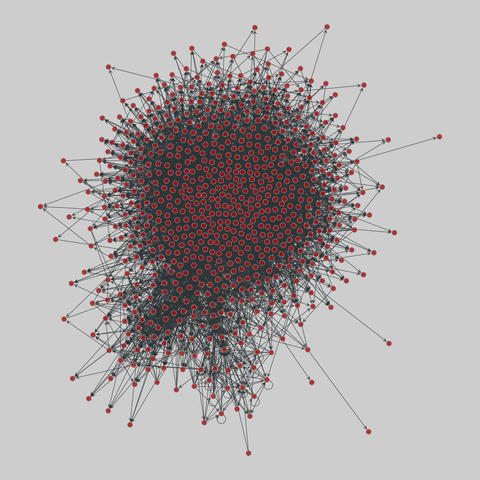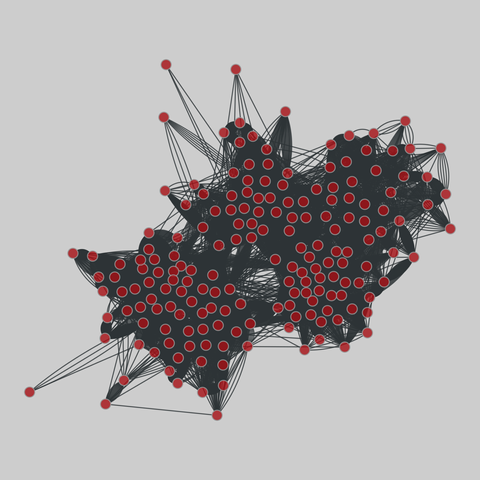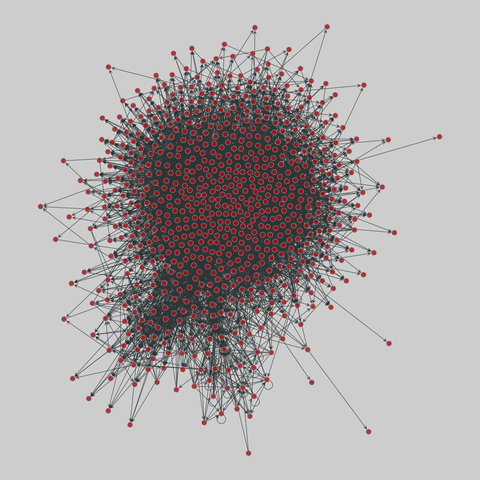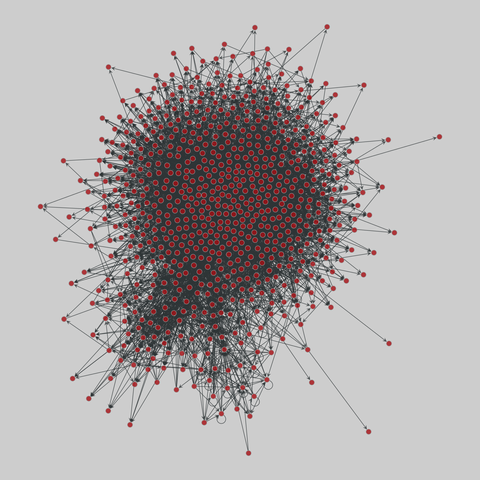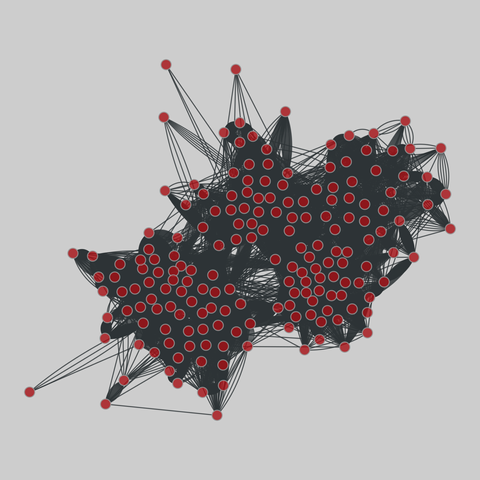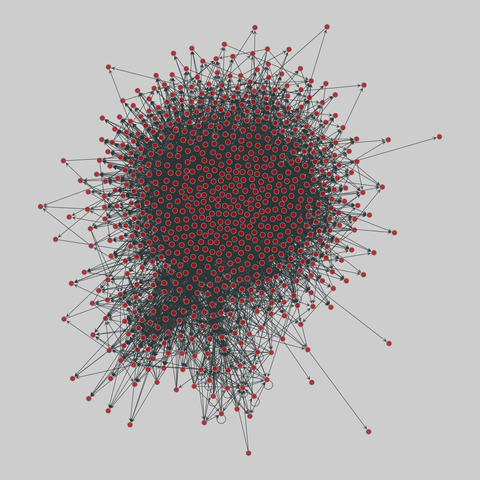2026-02-20 19:00:05
messal_shale: Messel Shale food web (2014)
A network of feeling links among taxa based on the 48 million years old uppermost early Eocene Messel Shale. Edge property 'certainty' denotes the certainty of the edge. Metadata include evidence, habitat, and trophic roles. The edge direction goes from consumer to resource.
This network has 700 nodes and 6444 edges.
Tags: Biological, Food Web, Uncertain, Weighted, Metadata
2026-01-22 10:10:52
Filing: PhonePe reports H1 FY 2026 revenue up 22% YoY to ~$427.5M, a ~$157M loss, and 657.6M users; the payments company plans to sell 50.7M shares in its IPO (Rajesh Mascarenhas/Bloomberg)
https://www.bloomberg.com/news/articles/20
2026-02-20 03:00:05
sp_high_school_new: High school dynamic contacts (2011-2012)
These datasets contain the temporal network of contacts between students in a high school in Marseilles, France. The first dataset gives the contacts of the students of three classes during 4 days in Dec. 2011, and the second corresponds to the contacts of the students of 5 classes during 7 days (from a Monday to the Tuesday of the following week) in Nov. 2012.
This network has 180 nodes and 45047 edges.
Tags: Soc…
2026-01-20 16:30:09
It’s possible that this is nothing at all, and they’ll be back in full force today. Nobody, and I mean nobody, has suggested that maybe the worst is over.
But we took the days of relative rest anyway. Hmm, “rest” is wrong: mutual aid, food distribution, school observers, people doing laundry for those who can’t go to a laundromat — that continues unabated. But there’s a definite feeling of catching our breath for a moment.
3/
2026-01-21 20:01:08
GeoStruXer and Bentley used AI with satellite data to cut materials and embodied carbon in a Saudi grain warehouse retrofit—no performance lost.
Regeneration International launched training and standards to help farmers adopt regenerative practices at scale.
Sign up for the For People And Planet climate solutions digest:
2026-02-19 11:00:05
messal_shale: Messel Shale food web (2014)
A network of feeling links among taxa based on the 48 million years old uppermost early Eocene Messel Shale. Edge property 'certainty' denotes the certainty of the edge. Metadata include evidence, habitat, and trophic roles. The edge direction goes from consumer to resource.
This network has 700 nodes and 6444 edges.
Tags: Biological, Food Web, Uncertain, Weighted, Metadata
2026-01-18 09:00:05
messal_shale: Messel Shale food web (2014)
A network of feeling links among taxa based on the 48 million years old uppermost early Eocene Messel Shale. Edge property 'certainty' denotes the certainty of the edge. Metadata include evidence, habitat, and trophic roles. The edge direction goes from consumer to resource.
This network has 700 nodes and 6444 edges.
Tags: Biological, Food Web, Uncertain, Weighted, Metadata
2026-02-17 19:00:04
sp_high_school_new: High school dynamic contacts (2011-2012)
These datasets contain the temporal network of contacts between students in a high school in Marseilles, France. The first dataset gives the contacts of the students of three classes during 4 days in Dec. 2011, and the second corresponds to the contacts of the students of 5 classes during 7 days (from a Monday to the Tuesday of the following week) in Nov. 2012.
This network has 180 nodes and 45047 edges.
Tags: Soc…
2026-01-17 08:00:05
messal_shale: Messel Shale food web (2014)
A network of feeling links among taxa based on the 48 million years old uppermost early Eocene Messel Shale. Edge property 'certainty' denotes the certainty of the edge. Metadata include evidence, habitat, and trophic roles. The edge direction goes from consumer to resource.
This network has 700 nodes and 6444 edges.
Tags: Biological, Food Web, Uncertain, Weighted, Metadata
